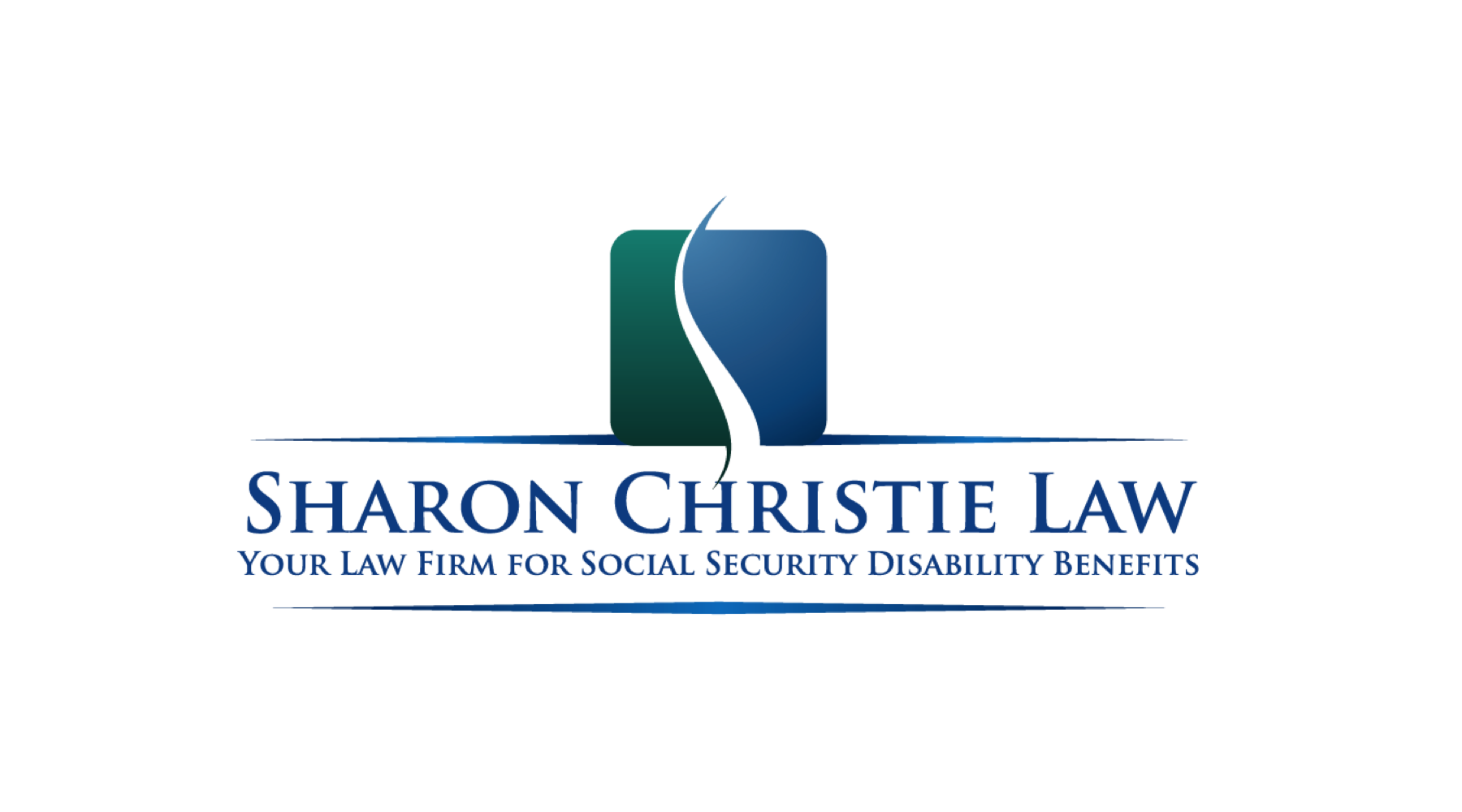Who is the ideal candidate for Social Security Disability Benefits?
In the video below Sharon Christie, a Social Security Disability Benefits lawyer, answers the question, “Who is the ideal candidate for Social Security Disability Benefits?” If you or someone you know is looking to apply for Social Security Disability Benefits, contact Sharon Christie Law today. We are a Social Security Disability Benefits law firm dedicated to getting you the benefits you deserve.
Official Transcript: The Ideal Candidate for Social Security Disability Benefits
Hi, I’m Sharon Christie your nurse attorney for Social Security disability benefits. If you’ve been watching my videos you probably understand now that Social Security disability isn’t easy to get approved for and today I want to talk to you a little bit about what is the ideal candidate for Social Security Disability Benefits. What are the ideal characteristics? What are the things that we’re really looking for when we evaluate a case?
Well, there’s a number of things that we look at. You know certainly, we look at age. Now the reality is if you’re age 50 or older there are a special set of rules that can apply in your case that would make it easier to win the case then if you’re under age 50. So being age 50 or older is definitely helpful.
The second thing we look at is what is your work history. Now the work history becomes important in this process for two reasons the first is there is a natural tendency by the judges to look at a work history to see before you even come into the hearing room to talk to the judge to see what kind of a worker have you been.
Do you have a good long strong work history or has your work been more in and out intermittent? Now, why does that become important? Well, one of the things that the judge has to decide as he or she goes through the process is do I think this is somebody who really is unable to work or is this somebody who I think might have a lot of trouble finding jobs but is otherwise capable of working? And your work history can play into that. It’s not going to be the deciding factor for sure but it does play into that. You need to understand it that’s just the reality.
The second thing that we look at is, of course, what is wrong with you? Now the reality of proving a disabling condition is these physical conditions are usually easier to prove than mental health conditions. It doesn’t mean that you can’t win a case if your problem is related to mental health issues but the evidence that you have on the mental health side is much what I’m going to call softer and what do I mean by that? I mean that there’s no test that can be done to measure how much depression do you have. How much anxiety do you have? Are you schizophrenic? Are you paranoid? There are no tests that can be done that can demonstrate how much of a mental health condition you have. They just don’t exist, at least not now.
Whereas on the physical side, there’s usually a lot of tests that can be done. So the best example is people who have back problems. If you have herniated discs you can see those on an MRI. If you have arthritis you can see that on x-rays. If you’re a diabetic who has great difficulty controlling their diabetes you’re going to see that in the bloodwork.
So there are tests that can be done that can actually demonstrate the severity of your physical condition and that’s why it can be easier to prove a physical case than a mental health case.
So those are some of the major conditions that we always look at when we’re trying to evaluate a case and determine whether we think this is a case that does have a good probability of being approved or not. These are just a couple of things to think about if you’re thinking about applying for disability those are some of the things that you really want to understand before you get into the process.
The Path to Social Security Disability Benefits with Sharon Christie Law
Step 1: Understanding Social Security’s Definition of Disabled
The definition of disabled, according to Social Security, is that you have severe limitations from your health problems that keep you from doing any kind of work for at least 12 consecutive months. This is the first thing we look at when evaluating your case. Your diagnosis is just the starting point. To get disability benefits for you, we must prove that your disabling condition causes severe limitations in your day to day activities.
Step 2: Medical Records in Your Disability Case
You must have medical evidence to prove your disability case. The most important evidence is your medical records that show your diagnosis, your symptoms, and your response to treatment.
Step 3: Don’t go it alone: How Sharon Christie Law Can Help You
At Sharon Christie Law, a Social Security Disability Law Firm, we recognize that no one ever plans to get so sick that they have to stop working. When you need to apply for Social Security Disability Benefits we recognize that you will be anxious about the process and whether you can qualify for disability benefits. Our goal at Sharon Christie Law is to help you win your case and give you the financial stability you need! Why work with us?
We do it all for you: At Sharon Christie Law we handle all aspects of the case for you, from preparing and filing your application through the hearing with a judge. We are with you every step of the way. When working with us, you focus on feeling better, and we focus on winning your case.
We return your phone calls: We understand that you have many questions regarding Social Security Disability Benefits. We never want you to wonder what is happening with your case. We are here to answer your questions. All phone calls and emails are returned within 24 hours. That is our promise to you.
We believe in client education: The Social Security Disability process is confusing. We think it is important that you understand each step in the process. So, we created a section on our website that is accessible only to clients. This client’s only section tells you everything you need to know about the disability process.

